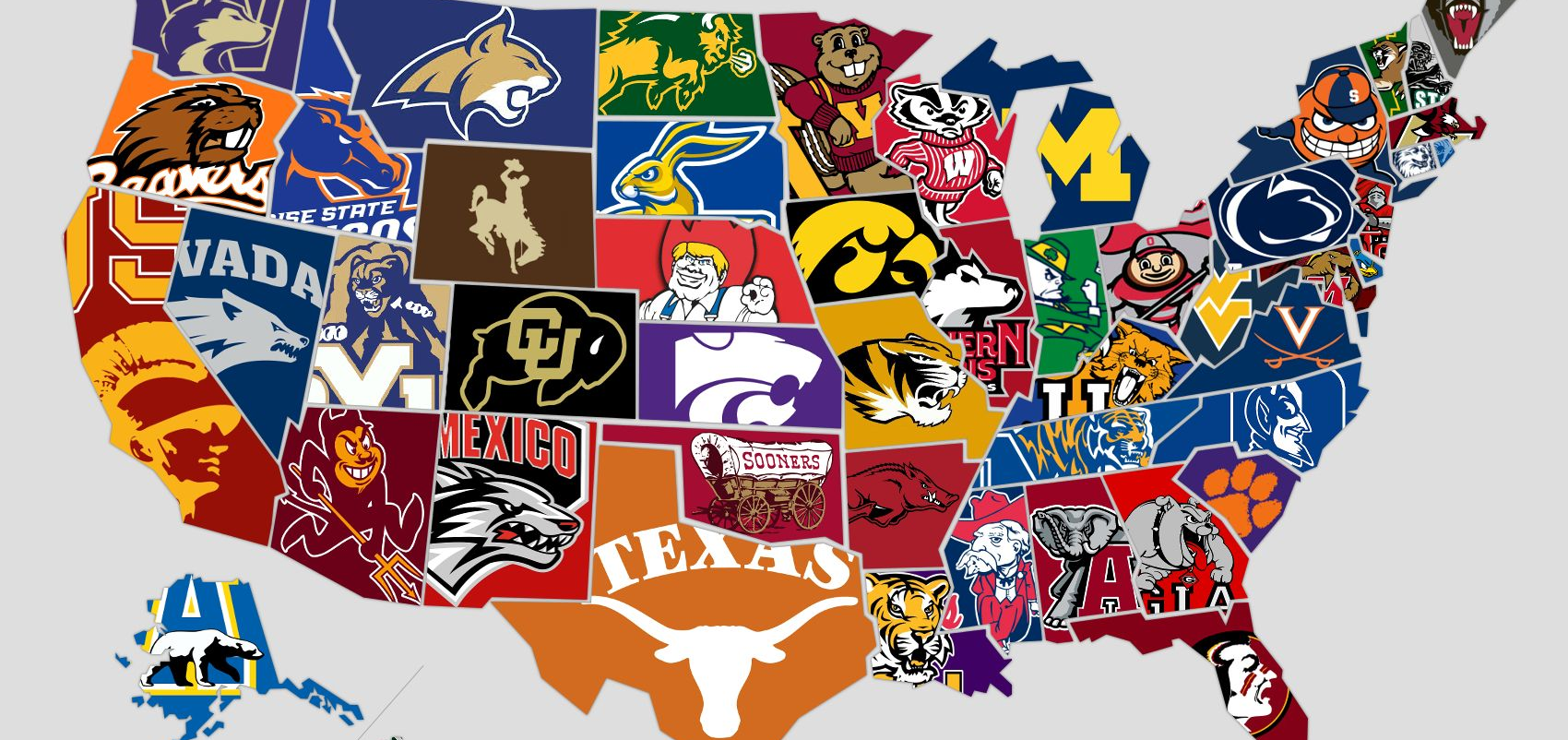Social media has become an integral part of daily life, and for athletes, it serves as a powerful tool for building a personal brand, connecting with fans, and attracting potential endorsements.
However, navigating social media as an athlete comes with unique challenges. What you post, share, and engage with can impact your reputation, college recruitment, and even future career opportunities.
To help you maximize the benefits of social media while avoiding common pitfalls, here’s a guide on the dos and don’ts every athlete should know.

The Dos of Social Media for Athletes
Showcase Your Personality and Authenticity
Fans and followers want to see who you are beyond your athletic achievements. Sharing glimpses of your hobbies, interests, and personal experiences makes you more relatable and helps build a loyal following.
How to Do It:
- Share behind-the-scenes moments from training sessions, road trips, or team events.
- Post about your interests outside of sports, whether it’s music, books, or community involvement.
- Engage with your followers through Q&A sessions or polls to create interaction.
Pro Tip: Be genuine in your posts. Authenticity resonates more than a curated, perfect image.
Platform-Specific Tips:
- Instagram: Focus on high-quality visuals, reels, and stories to engage followers. Use hashtags relevant to your sport for discoverability.
- Twitter: Share quick updates, live-tweet games, or engage with fans through replies. Keep tweets concise and impactful.
- LinkedIn: Highlight professional achievements, share articles related to sports management, and connect with coaches and recruiters.
Highlight Your Achievements
Your social media profile is an extension of your resume. Regularly sharing milestones, game highlights, and awards can attract the attention of recruiters, scouts, and sponsors.
What to Share:
- Game highlights or clips of standout performances.
- Team achievements, championships, or special recognitions.
- Media coverage, interviews, or articles featuring your accomplishments.
Pro Tip: Tag relevant teams, leagues, and organizations in your posts to maximize visibility.
Use Social Media to Network
Social media isn’t just about posting content—it’s about building relationships. Follow and engage with fellow athletes, coaches, and industry professionals.
How to Network Effectively:
- Leave thoughtful comments on posts from teammates and athletes you admire.
- Share and credit motivational content or training tips that align with your values.
- Reach out to recruiters or professionals with personalized messages (avoid generic DMs).
Pro Tip: Join athlete-focused communities and groups on platforms like LinkedIn or Facebook for additional networking opportunities.
Stay Positive and Professional
Social media is a platform where you’re always in the public eye. Maintaining a positive and professional tone can enhance your reputation.
Tips for Professionalism:
- Keep posts and comments respectful, even when discussing heated topics.
- Be mindful of your language, humor, and the types of jokes you share.
- Avoid controversial or negative interactions that could reflect poorly on you.
Pro Tip: Before posting, ask yourself if it aligns with the values you want to represent.
Highlight the Importance of Consistency
Consistency is key to keeping your followers engaged and boosting social media algorithms. Regularly posting—not just during peak seasons—helps maintain interest and shows commitment to your brand.
Tips for Consistent Posting:
- Create a content schedule to post weekly or biweekly updates.
- Use scheduling tools to automate posts during busy training or competition periods.
- Mix up content types, from training highlights to personal reflections.
Pro Tip: Consistent posting also signals reliability to potential sponsors and partners.

The Don’ts of Social Media for Athletes
Don’t Share Inappropriate Content
What you post on social media is permanent. Even if you delete a post, screenshots can live on forever. Sharing inappropriate or offensive content can damage your reputation and affect your recruitment prospects or endorsement deals.
Examples to Avoid:
- Content that includes profanity, explicit material, or insensitive jokes.
- Posts that show risky or reckless behavior.
- Content that could be perceived as promoting negative behavior, such as substance use or poor sportsmanship.
Pro Tip: Review old posts and delete anything that may not align with your current image.
Don’t Engage in Heated Arguments or Controversies
While it can be tempting to respond to criticism or engage in debates, doing so publicly can lead to negative attention and misunderstandings.
What to Do Instead:
- If someone posts a negative comment, consider ignoring or addressing it privately.
- Report and block accounts that engage in harassment or trolling.
- Use professional responses or, when necessary, simply walk away from the conversation.
Pro Tip: Know when to use the “mute” or “block” button for peace of mind.
Don’t Overshare Personal Information
While being authentic is important, there’s a fine line between sharing enough and oversharing. Revealing too much personal information can compromise your safety and privacy.
What to Keep Private:
- Your exact location, address, or travel plans.
- Personal issues or conflicts that should stay off social media.
- Sensitive information like your phone number or family details.
Pro Tip: Set boundaries for what you’re comfortable sharing and what should stay private.
Don’t Post Without Thinking
Impulsive posting is one of the most common mistakes athletes make. A single ill-advised post can lead to consequences ranging from bad PR to losing sponsorship deals.
Best Practices:
- Avoid posting when angry or emotional; give yourself time to cool down and reconsider.
- Proofread posts to ensure there are no unintended errors or questionable language.
- Reconsider retweeting or sharing posts that might be controversial.
Pro Tip: When in doubt, save the post as a draft and review it later with a clear mind.
Don’t Neglect Your Image During the Off-Season
Staying active on social media year-round helps maintain your online presence and shows consistency. Neglecting your profile during the off-season can make you lose touch with your audience.
What to Post During the Off-Season:
- Training sessions, gym routines, or recovery practices.
- Insights into your hobbies or other interests.
- Collaborative posts with teammates or friends in the sports industry.
Pro Tip: Plan a content schedule that keeps your profile active even during breaks.
Quick-Start Checklist: Dos and Don’ts of Social Media for Athletes
Do:
- Showcase your personality and stay authentic.
- Highlight achievements and tag relevant parties.
- Network with coaches and peers.
- Stay positive and professional.
- Post consistently, even during off-seasons.
Don’t:
- Share inappropriate or offensive content.
- Engage in public arguments or controversies.
- Overshare personal information.
- Post impulsively without reviewing.
- Neglect your social media presence during the off-season.
Social media is a powerful tool for athletes when used wisely. By understanding the dos and don’ts, you can build a strong, positive online presence that enhances your personal brand, attracts recruitment opportunities, and sets you up for potential endorsement deals.
Remember, social media is an extension of who you are—use it to showcase your best self, inspire others, and create meaningful connections.




